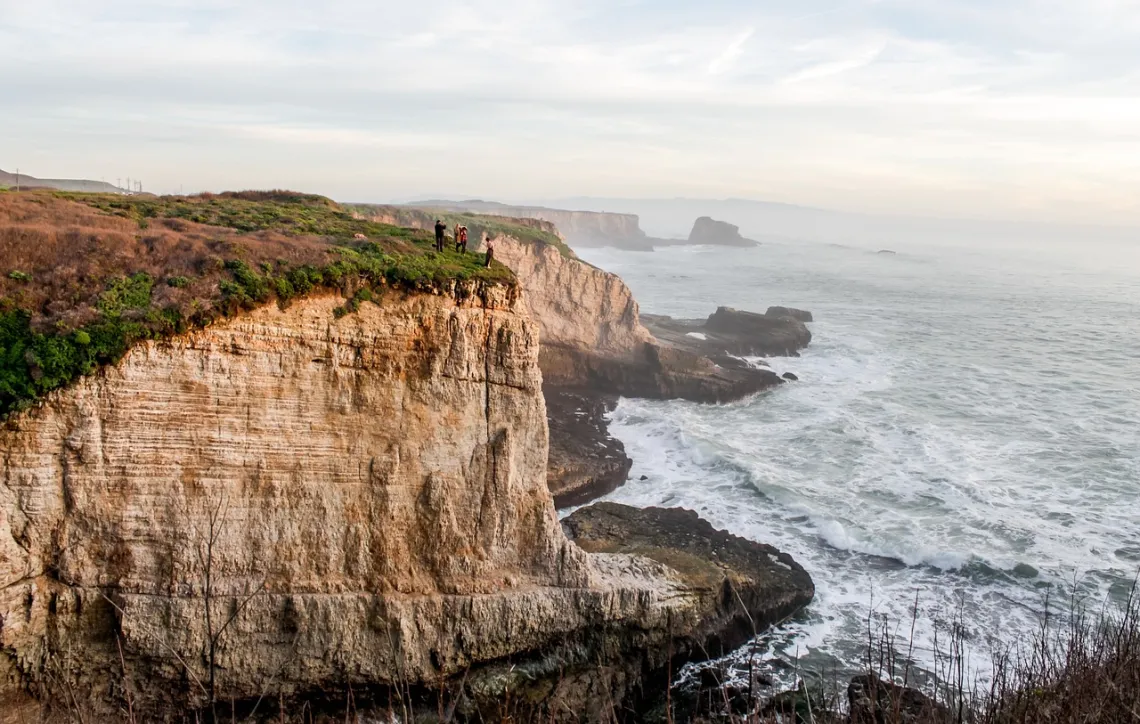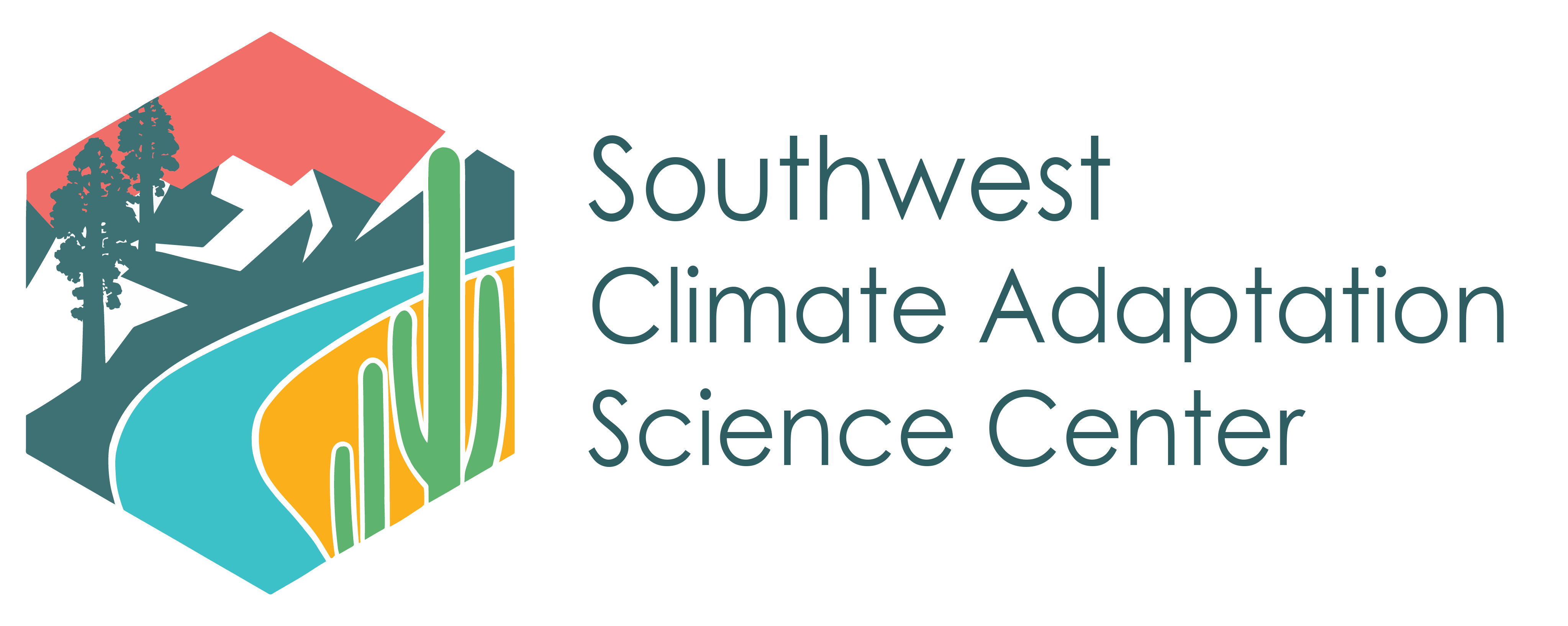Recordings from Native Nations and Climate Change Webinar Series Now Available!

June 16th marked the final episode in the Southwest Climate Adaptation Science Center’s (SWCASC) Native Nations and Climate Change webinar series. This series was hosted in collaboration with the NPS Tribal Engagement and Climate Change workgroup in spring 2022, on the third Thursday of April, May and June. The webinars highlighted climate adaptation projects partially funded by the SW CASC that are taking place in collaboration with Tribal partners.
The series covered the topics of fire and humans in the southwest, black oak traditions for climate adaptation, and working with Indigenous communities for climate resilience research. Recordings of the webinars can be found on the SWCASC website.
Session one, Fire and Humans in Resilient Ecosystems of the American Southwest, was presented by Rachel Loehman, a landscape and fire ecologist with the US Geological Survey. Loehman discussed the history of fire in this region and how contemporary ecological patterns and processes that are thought to be natural may be highly influenced by past human land use legacies, at millennial time scales. A recording of this webinar is available on the SWCASC website.
Session two was titled Tribal-Led Renewal of Black Oak Traditions for Climate Adaptation. Irene Vasquez, a cultural ecologist for Yosemite National Park, and Dean Tonenna, a botanist with the Bureau of Land Management in Carson City, Nevada, discussed restoring tribal stewardship and cultural burning to preserve black oaks and contribute to a more resilient ecosystem. A recording of this webinar is not available, however the presentation slides can be found on the SWCASC website.
The final session in the series, Engaging Indigenous Communities in Climate Resilience Research, was presented by environmental scientist, Schuyler Chew. This webinar discussed a partnership between the Pyramid Lake Paiute Tribe (PLPT) in northern Nevada and a team of university-based scientists. The research team engaged PLPT stakeholder groups to understand how climate change and upstream pressures threaten PLPT ecosystems, lands, and resources. A recording of this webinar is available on the SWCASC website.

